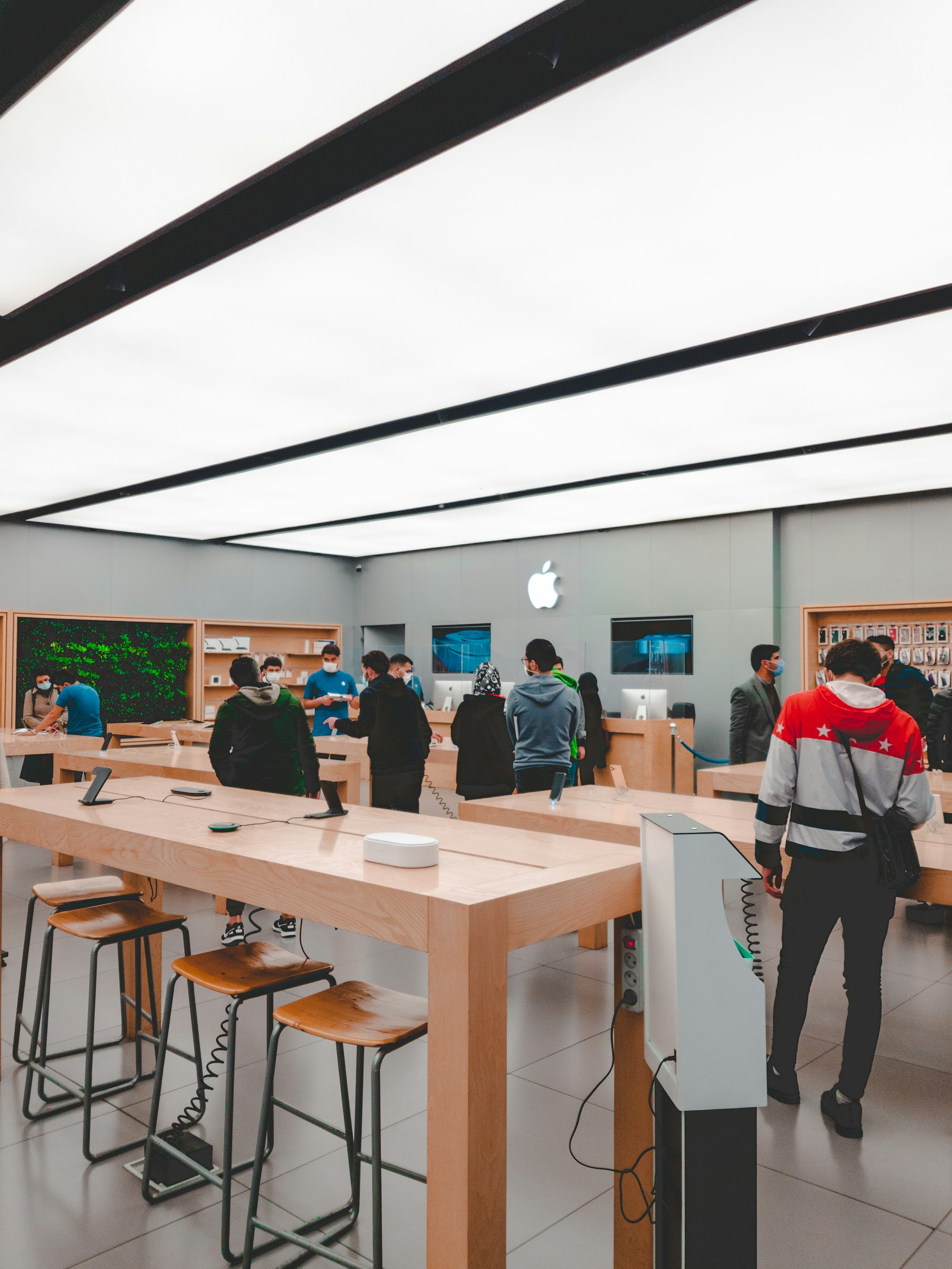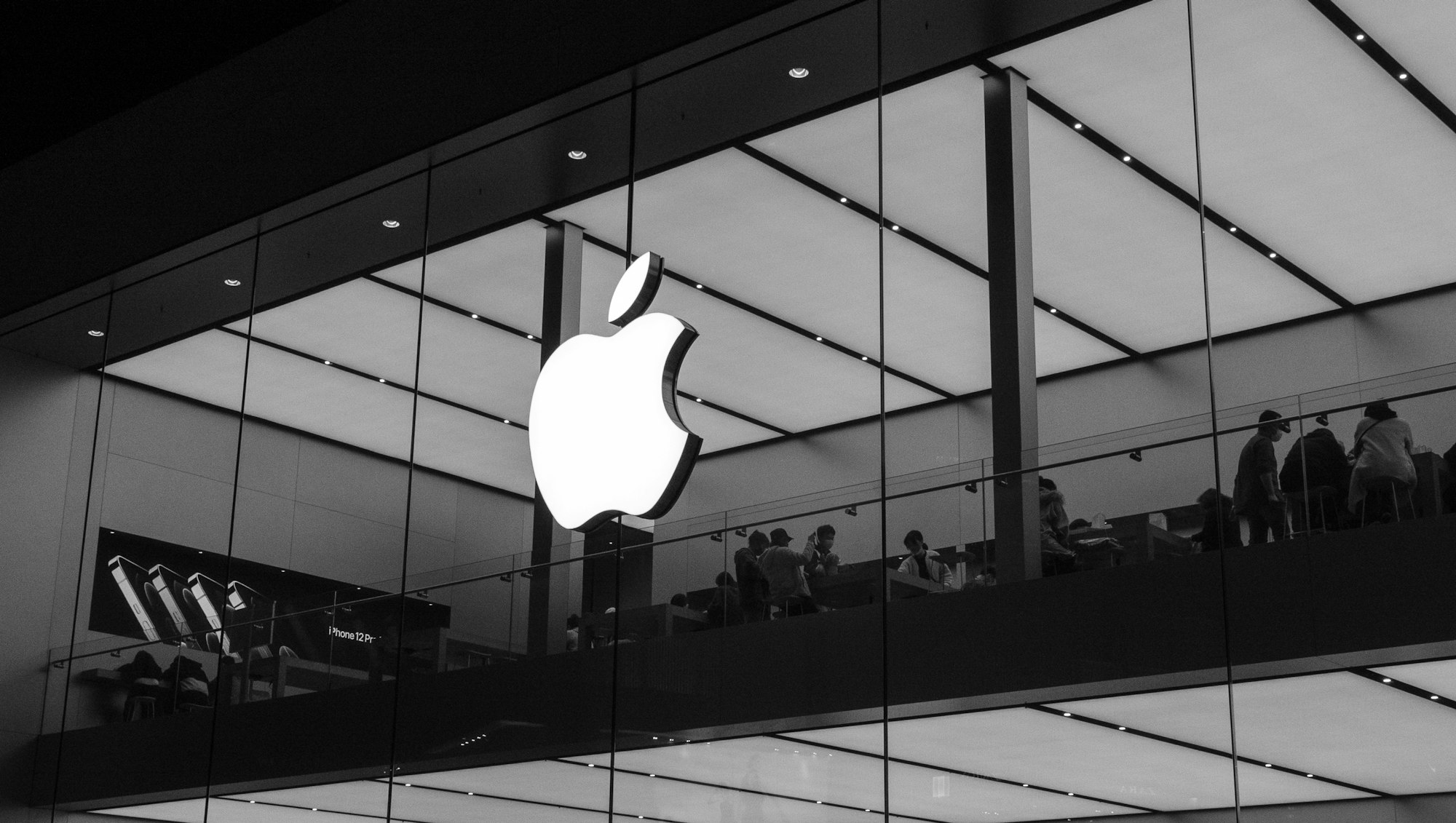Macs have earned a reputation for their premium price tags, often leaving consumers wondering why these devices come with a higher price compared to other computer brands. In this post, we will explore the various factors that contribute to the seemingly high price of Apple Macs. From supply and demand to exceptional build quality and outstanding security, let's jump into the world of Macs and uncover the reasons behind their higher price.
Supply and Demand
One significant factor that plays a role in the pricing of Apple Macs is the basic principle of supply and demand. Apple products, including Macs, enjoy immense popularity and are in high demand among consumers. This allows Apple to maintain higher price points, as customers are willing to pay a premium for the brand's superior quality, user experience, and ecosystem integration.
The bottom line is there is a "cool factor" to a Mac, and a genuine pride of ownership that people get when they own one. Books have even been written about the Cult of Mac because it is a club of sorts that people enjoy being in.
Apple Support
Apple's renowned customer support is often cited as a justification for the higher price of Macs. The company invests heavily in providing exceptional customer service through its Apple Stores, online support, and dedicated Apple Care programs. The comprehensive support ensures that Mac users have access to expert assistance.

Apple support is an integral part of Apple's commitment to customer satisfaction. The company places great emphasis on providing reliable and comprehensive support for its products, including Macs. Here are some key aspects of Apple support:
- Apple Stores: Apple has a global network of physical retail stores where customers can receive in-person assistance from knowledgeable Apple Specialists. These stores offer various services, such as product demonstrations, troubleshooting, repairs, and personalized recommendations.
- Genius Bar: The Genius Bar is a dedicated service area within Apple Stores, staffed by Apple Geniuses—trained experts who specialize in diagnosing and resolving issues with Apple products. Customers can schedule appointments at the Genius Bar for one-on-one assistance with their Macs or other Apple devices.
- Online Support: Apple provides extensive online resources for troubleshooting and finding solutions to common issues. The Apple Support website offers a vast knowledge base, user forums, and downloadable manuals, allowing users to access information and guidance at their convenience.
- Apple Care: Apple Care is an optional extended warranty and support program available for Macs and other Apple devices. With Apple Care, customers receive additional benefits such as priority access to technical support, hardware repairs, and coverage for accidental damage. This program gives users peace of mind and further enhances the overall support experience.
- Remote Assistance: Apple offers remote support options, allowing customers to receive assistance without visiting a physical store. Through tools like Apple's Remote Desktop or phone support, Apple representatives can guide users through troubleshooting steps or provide technical support remotely.
- Software Updates: Apple consistently releases software updates for its operating systems, including macOS. These updates not only introduce new features but also address security vulnerabilities and performance enhancements. By regularly updating their Macs, users benefit from ongoing software support and improvements.
Name Recognition
Apple's brand name carries significant weight in the consumer electronics industry. Over the years, Apple has built a reputation for delivering innovative and high-quality products across its entire lineup, including Macs. The company's commitment to excellence and meticulous attention to detail has earned the trust and loyalty of millions of customers worldwide.

The Apple brand is synonymous with sleek design, user-friendly interfaces, and cutting-edge technology. Macs have become iconic symbols of productivity, creativity, and reliability, which further enhances their appeal. The strong brand recognition associated with Apple contributes to the perceived value of Macs and justifies the higher price point for many consumers.
Additionally, the name recognition of Apple also translates into better resale value. Macs tend to retain their value relatively well compared to other computer brands, allowing users to recoup a significant portion of their investment if they choose to sell or upgrade their device in the future.
Premium Parts
Apple's commitment to delivering a superior user experience extends to the components and materials used in their Macs. The company carefully selects and integrates premium hardware components to ensure optimal performance, longevity, and reliability. From high-resolution Retina displays and powerful processors to fast solid-state drives (SSDs) and advanced cooling systems, Apple spares no expense in crafting Macs with top-of-the-line specifications.

By utilizing high-quality components, Apple aims to provide users with a seamless and enjoyable computing experience, whether it's for creative tasks, professional work, or everyday use. These premium parts contribute to the overall value and perceived quality of Macs, making them more expensive than some other computer brands that may opt for lower-cost components.
When considering a MacBook specifically, you should always think about protection for your device. Remember, with a high price, comes a high repair cost. Check out our article on the best cases for your MacBook here.
Security and Privacy
One aspect that sets Apple Macs apart from their competitors is the emphasis on security and privacy. Apple has long championed the importance of protecting user data and maintaining a secure computing environment. Macs come equipped with robust security features, including a built-in hardware encryption chip (Apple T2 Security Chip) and the macOS operating system's stringent security measures.
The company's commitment to user privacy is evident in its transparent privacy policies and ongoing efforts to safeguard user data. These security and privacy-focused initiatives require significant investments in research, development, and infrastructure, which contribute to the higher cost of Apple Macs.
They Just Work
Perhaps one of the most compelling reasons for the higher price of Macs is their exceptional performance and seamless integration within the Apple ecosystem. Macs are renowned for their stability, ease of use, and intuitive interface. The hardware and software integration allows for optimized performance, minimizing compatibility issues and ensuring a smooth user experience.
Apple's stringent control over both the hardware and software aspects enables them to create a cohesive and well-optimized computing environment. This level of integration results in Macs being reliable, efficient, and less prone to crashes or system failures, ultimately enhancing productivity and user satisfaction.
Conclusion
The price tag of Apple Macs can be attributed to a combination of factors, including supply and demand dynamics, the unparalleled customer support offered by Apple, the brand's strong name recognition, the use of premium components, the emphasis on security and privacy, and the Macs' outstanding performance within the Apple ecosystem. While Macs may come with a higher initial cost, the investment is often justified by the long-term value, user experience, and the peace of mind that comes with owning a reliable and highly-regarded computing device.








